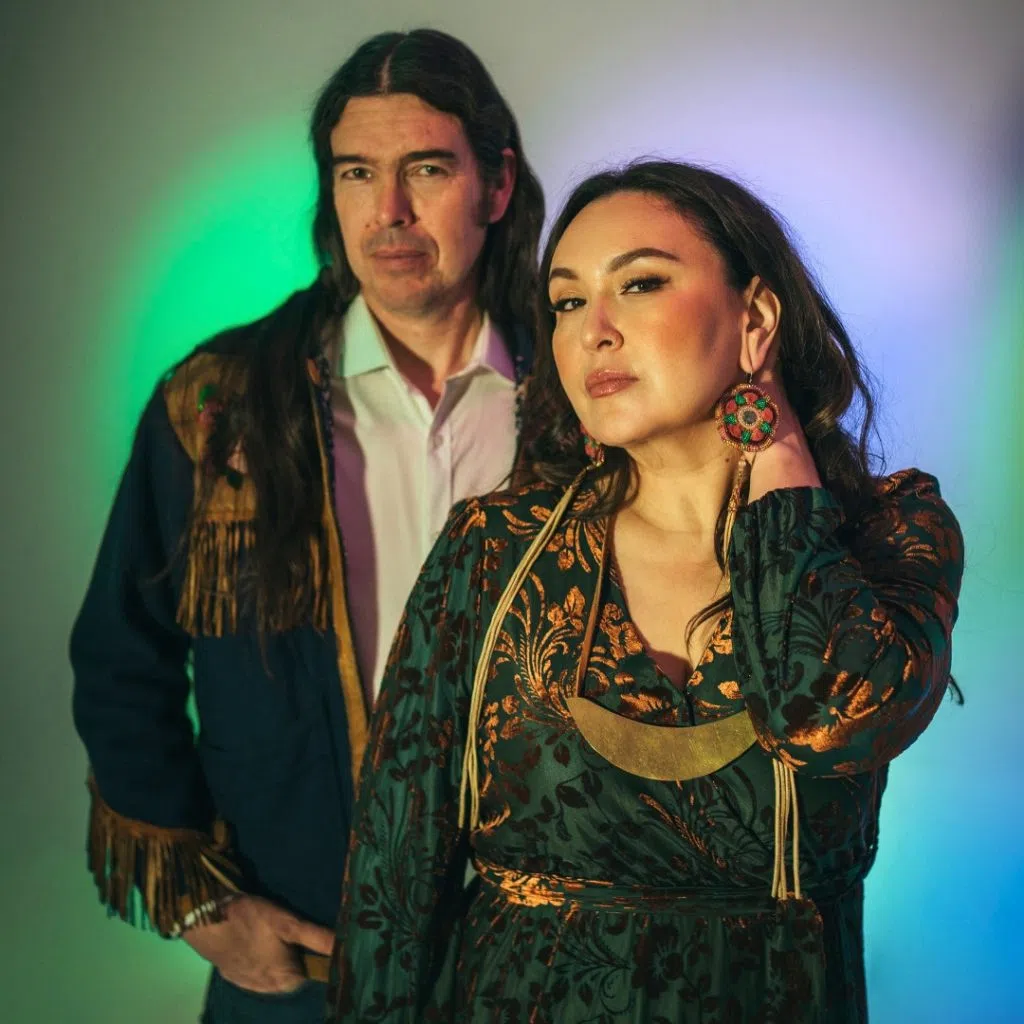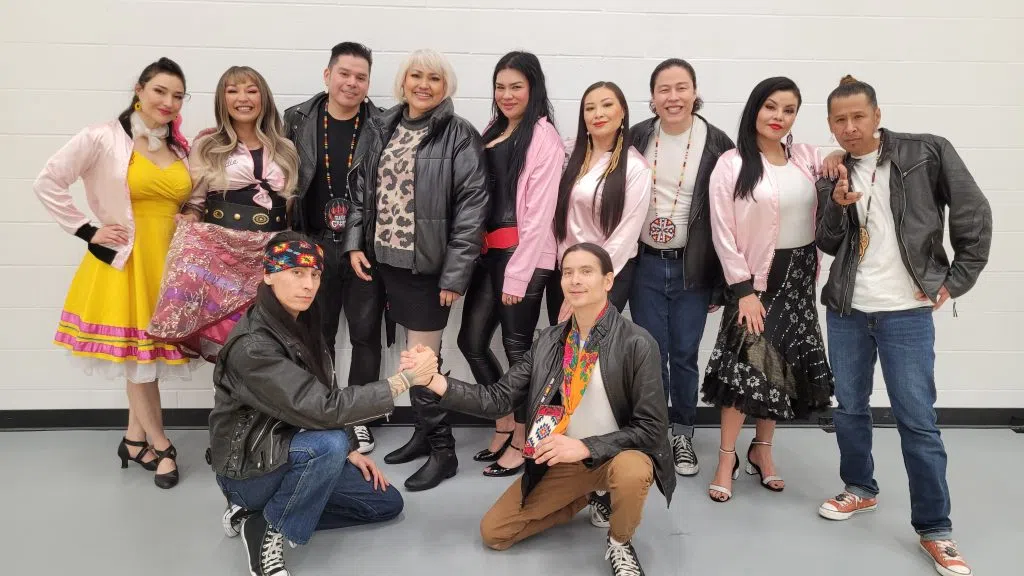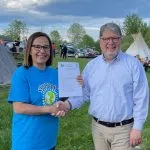
Darke Hall is delivering an all-star Indigenous showcase for its upcoming season
A historic performance venue in Regina is setting a new benchmark in its upcoming season of programming – with more Indigenous talent slated to hit the stage than ever before in its almost 100-year history.
“We’re committed to uplifting those artists that might not otherwise be seen. And it really matters to us to focus on Indigenous artists,” said Ruth Smillie, CEO of Dark Hall.
Darke Hall, a 470-seat performance hall at the University of Regina, has been operating for the last two years under the non-profit Darke Hall Society, focused on presenting and promoting work from talented artists who might not routinely be in the spotlight.
“Our goal is to lift up the voices of our local artists, and also showcase the works of Indigenous artists, marginalized artists, and women-led performances,” said Smillie.


The upcoming 2024-25 season at Dark Hall includes Dene sibling songwriters from the Northwest Territories, Sechile Sedare, on February 2nd; Canadian Inuit folk music icon Susan Aglukark on March 21st; British Columbia-based blues duo Blue Moon Marquee on April 9th, and Pawâkan Macbeth on June 26th and 27th – a Cree take on the Shakespeare classic inspired by the youth of Frog Lake First Nation.
And, on April 16th and 17th, Darke Hall will present ‘Bear Grease the Musical’ – an Indigenous takeover of the 1978 movie musical, Grease. The play was written by Crystle Lightning and Henry Andrade, who have been touring the show across Canada and the United States.
“We have things infused in the show that are relative to our people, our humour, our community. And often when we go to a certain community, we try to cater certain parts of the script to fit the narrative of that area,” said Melody McArthur, singer and actor who plays ‘Sandy’ in the play.
The play takes a unique look at an alternative reality, where the lives of Indigenous people in the 1950’s are lived as if colonization didn’t happen.
McArthur said theatres striving to share Indigenous voices like Darke Hall is an act of Reconciliation.
“The placement of these theatres is often on Indigenous territory, unceded territory sometimes, or treaty territory where there’s an exchange between [First Nation] people and the Crown, ,” said McArthur. “So it’s almost like an obligation that should be fulfilled if you’re truly about Reconciliation.


